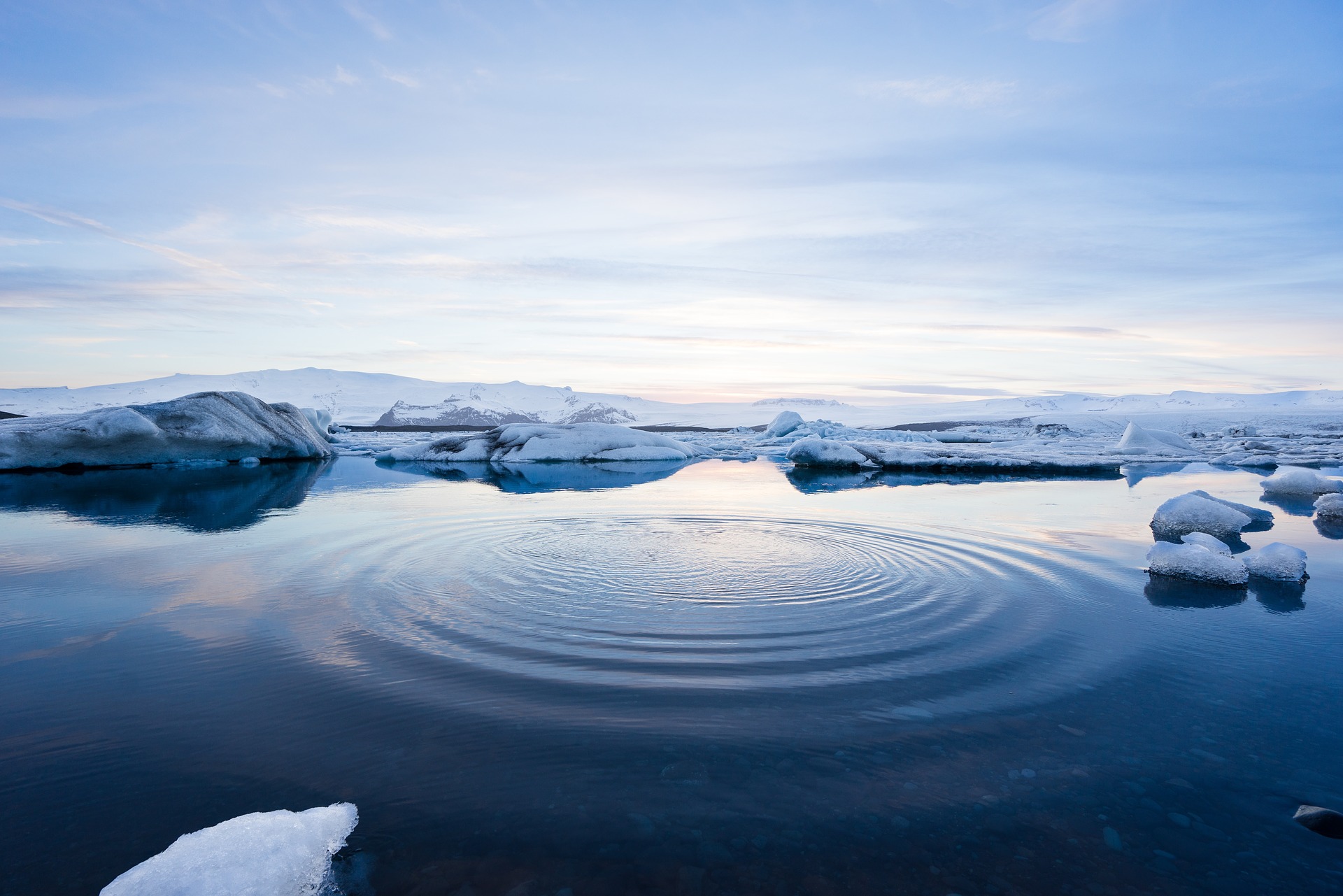The global ocean covers about 70 percent of the Earth’s surface and acts as its primary reservoir of heat and carbon, absorbing over 90 percent of the surplus heat and about 30 percent of the carbon dioxide (CO2) associated with human activities, and receiving close to 100 percent of fresh water lost from land ice.
With the accumulation of greenhouse gases in the atmosphere, notably CO2 from fossil fuel combustion, the Earth’s climate and its oceans are now changing more rapidly than at any time since the advent of human societies. Society will increasingly face complex decisions about how to mitigate adverse impacts of climate change such as sea-level rise, ocean acidification, and species loss. Our publications explore the science, policies, and infrastructure needed to understand, manage, and conserve coastal and marine environments and resources.
The U.S. Gulf Coast provides a valuable setting to study deeply connected natural and human interactions and feedbacks that have led to a complex, interconnected coastal system. The physical landscape in the region has changed significantly due to broad-scale, long-term processes such as coastal …
Approaches to Understanding the Cumulative Effects of Stressors on Marine Mammals
Marine mammals face a large array of stressors, including loss of habitat, chemical and noise pollution, and bycatch in fishing, which alone kills hundreds of thousands of marine mammals per year globally. To discern the factors contributing to population trends, scientists must consider the …
Marine Protected Areas: Tools for Sustaining Ocean Ecosystems
Although the ocean-and the resources within-seem limitless, there is clear evidence that human impacts such as overfishing, habitat destruction, and pollution disrupt marine ecosystems and threaten the long-term productivity of the seas. Declining yields in many fisheries and decay of treasured …
A Research Review of Interventions to Increase the Persistence and Resilience of Coral Reefs
Coral reef declines have been recorded for all major tropical ocean basins since the 1980s, averaging approximately 30-50% reductions in reef cover globally. These losses are a result of numerous problems, including habitat destruction, pollution, overfishing, disease, and climate change. …
A Decision Framework for Interventions to Increase the Persistence and Resilience of Coral Reefs
Coral reefs are critical to ocean and human life because they provide food, living area, storm protection, tourism income, and more. However, human-induced stressors, such as overfishing, sediment, pollution, and habitat destruction have threatened ocean ecosystems globally for decades. In the …
Sustaining Ocean Observations to Understand Future Changes in Earth’s Climate
The ocean is an integral component of the Earth’s climate system. It covers about 70% of the Earth’s surface and acts as its primary reservoir of heat and carbon, absorbing over 90% of the surplus heat and about 30% of the carbon dioxide associated with human activities, and receiving close …
Effective Monitoring to Evaluate Ecological Restoration in the Gulf of Mexico
Gulf Coast communities and natural resources suffered extensive direct and indirect damage as a result of the largest accidental oil spill in US history, referred to as the Deepwater Horizon (DWH) oil spill. Notably, natural resources affected by this major spill include wetlands, coastal …
Responding to Oil Spills in the U.S. Arctic Marine Environment
U.S. Arctic waters north of the Bering Strait and west of the Canadian border encompass a vast area that is usually ice covered for much of the year, but is increasingly experiencing longer periods and larger areas of open water due to climate change. Sparsely inhabited with a wide variety of …
The Use of Dispersants in Marine Oil Spill Response
Whether the result of an oil well blowout, vessel collision or grounding, leaking pipeline, or other incident at sea, each marine oil spill will present unique circumstances and challenges. The oil type and properties, location, time of year, duration of spill, water depth, environmental …
Ocean Acidification: A National Strategy to Meet the Challenges of a Changing Ocean
The ocean has absorbed a significant portion of all human-made carbon dioxide emissions. This benefits human society by moderating the rate of climate change, but also causes unprecedented changes to ocean chemistry. Carbon dioxide taken up by the ocean decreases the pH of the water and leads to a …
Antarctic Sea Ice Variability in the Southern Ocean-Climate System: Proceedings of a Workshop
The sea ice surrounding Antarctica has increased in extent and concentration from the late 1970s, when satellite-based measurements began, until 2015. Although this increasing trend is modest, it is surprising given the overall warming of the global climate and the region. Indeed, climate …
Critical Infrastructure for Ocean Research and Societal Needs in 2030
The United States has jurisdiction over 3.4 million square miles of ocean in its exclusive economic zone, a size exceeding the combined land area of the 50 states. This expansive marine area represents a prime national domain for activities such as maritime transportation, national security, …
Future Science Opportunities in Antarctica and the Southern Ocean
Antarctica and the surrounding Southern Ocean remains one of the world’s last frontiers. Covering nearly 14 million km² (an area approximately 1.4 times the size of the United States), Antarctica is the coldest, driest, highest, and windiest continent on Earth. While it is challenging to …
A Strategic Vision for NSF Investments in Antarctic and Southern Ocean Research
Antarctic and Southern Ocean scientific research has produced a wide array of important and exciting scientific advances. Spanning oceanography to tectonics, microbiology to astrophysics, the extreme Antarctic environment provides unique opportunities to expand our knowledge about how our planet …
Understanding the Connections Between Coastal Waters and Ocean Ecosystem Services and Human Health discusses the connection of ecosystem services and human health. This report looks at the state of the science of the role of oceans in ensuring human health and identifies gaps and …


























